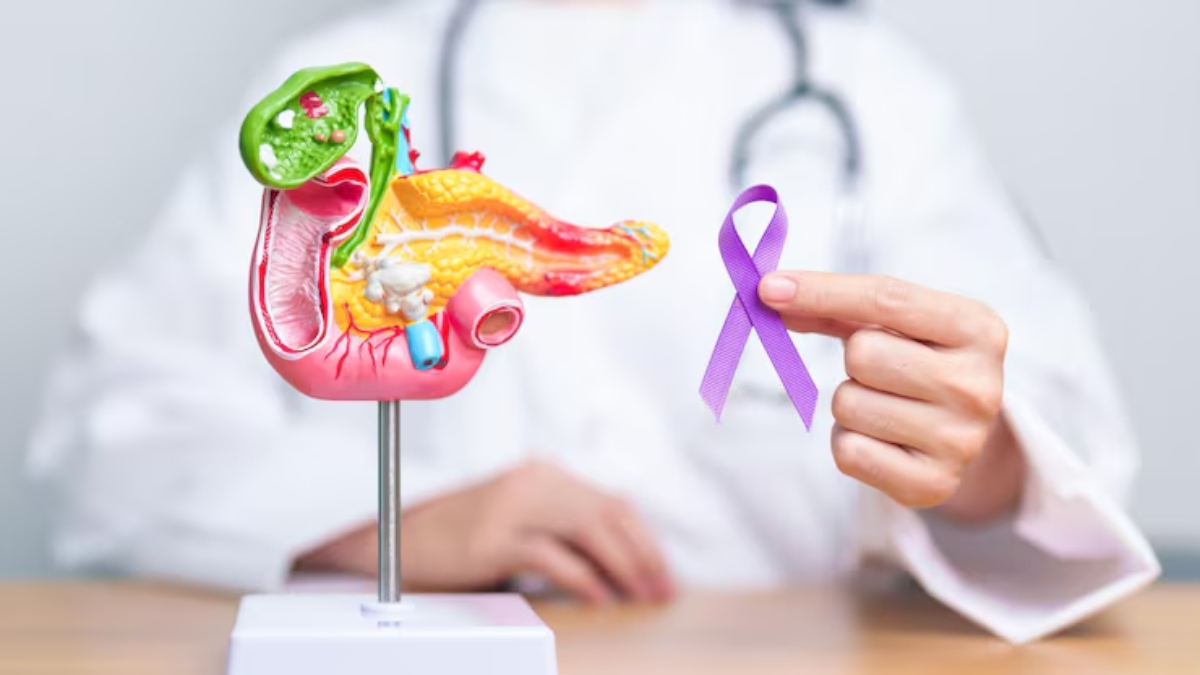
Debunking Pancreatic Cancer Myths in India
Pancreatic cancer is a growing concern in India, with many people unaware of its real dangers due to widespread myths. These misconceptions often prevent timely diagnosis and effective treatment. It's essential to clear the air regarding this serious illness, as understanding the truth can significantly impact the survival rates of those affected.
One prevalent myth is that pancreatic cancer only affects older adults. While it is more common in individuals over 60, younger adults, even those aged 25-45, are also at risk. This misconception can lead to a false sense of security among younger individuals, delaying necessary medical consultations and screenings.
Another myth is that a family history of pancreatic cancer is the only risk factor. While genetics plays a role, other factors such as obesity, smoking, and chronic pancreatitis also increase the likelihood of developing this cancer. Being aware of these risk factors can help individuals make lifestyle changes to potentially lower their risk.
Symptoms of pancreatic cancer can be subtle, making early detection challenging. Common signs include abdominal pain, jaundice, unexplained weight loss, and digestive issues. Many people may ignore these symptoms or attribute them to other conditions. It’s vital to seek medical advice if you experience any of these signs to ensure early intervention.
Lastly, a common myth is that pancreatic cancer is contagious. This is entirely false. The disease arises from various factors, including lifestyle choices, genetic predispositions, and underlying health conditions. It is crucial to consult healthcare professionals for accurate information and not rely on hearsay.
Timely detection and awareness are key to combating pancreatic cancer. By educating ourselves and others, we can improve outcomes for patients and reduce the stigma surrounding this disease. Remember, consulting with healthcare providers for screening and treatment options is essential. Don’t be swayed by myths; understanding the facts can lead to better health and recovery.










